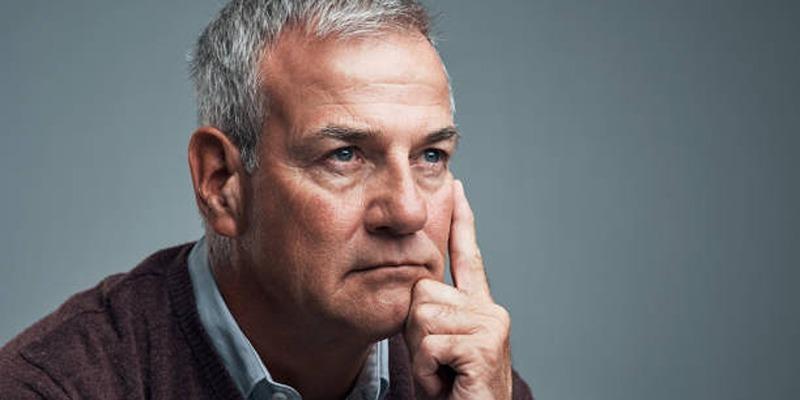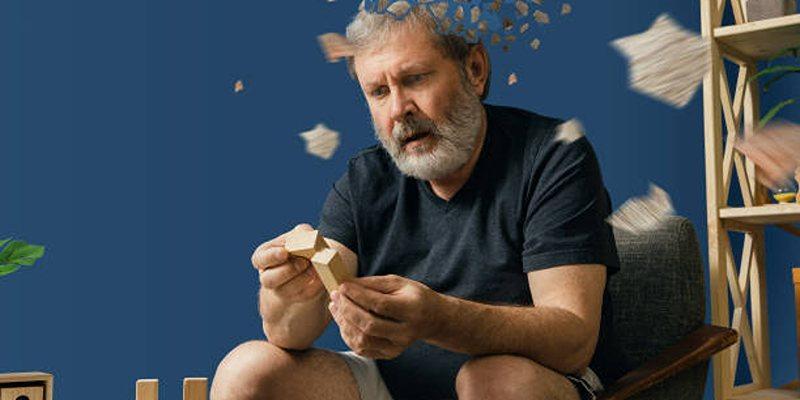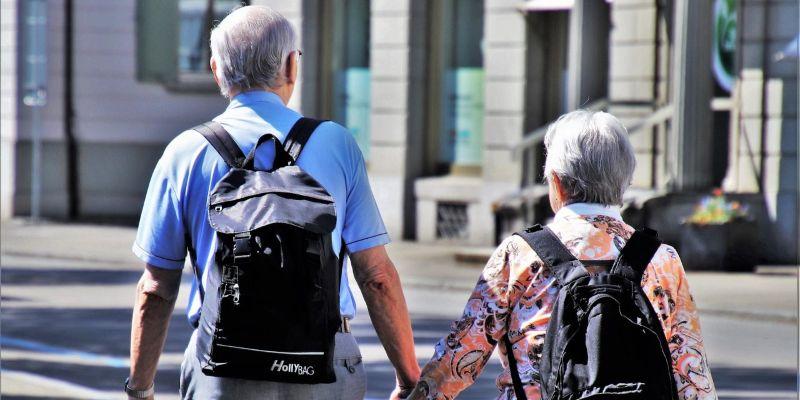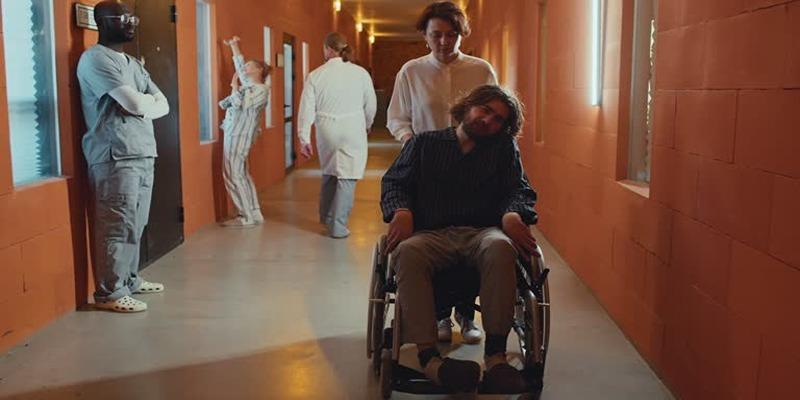Memory assists us retain experiences of the past, learn and make decisions. It molds the way we perceive and get to relate to the world. Memory impairments such as forgetting of names, details, etc. are usually natural as we get old. The Awareness of these changes can enable us adapt and keep the mind alert.
What Is Memory and How Does It Work?

It is not only a single skill, but a system with many stages in order to operate memory. Each day of our lives our brain accumulates, stores and recalls information on a daily basis. Without memory we could not learn other new skills, distinguish familiar faces, or establish relationships.
Types of Memory
Not all types of memory are the same or alike. Short term memory gives us the ability to hold small pieces of information in our memory on a limited basis, test example being the remembrance of a telephone number before we thought in writing. Long-term memory is storing information over several years or even a lifetime thus encroaching on the ability to remember events that occurred in childhood or lessons in life. Working memory This makes us solve problems and do our day-to-day activities, such as following a recipe or plan our day.
How the Brain Stores Memories
Memories follow a complicated process when it comes to their storage. When we touch something that we are not familiar with, the brain analyzes and transmits messages to other parts. One of the notable structures located deep inside the brain and that has a role in creating new memories and arranging them in memory hazardous storage is the hippocampus. As time passes, the increasing memory built up and linked to other details, it is easier to remember in future.
How Memory Changes in Childhood and Adulthood
We learn and evolve memory as we get older, and every new stage of life presents its own potential skills (and difficulties).
Memory in Childhood
During early childhood, the ability to remember is not so developed. Children identify familiar objects, objects and faces first. In the process of growing, their remembrance capacity of stories, instructions, lessons, etc. enhances. School contributes tremendously in memory formation, since children learn how to recall things, to grasp ideas and make practical use of these ideas in their everyday lives. Their memory is exceedingly flexible and it enables them to acquire new language, skills as well as habits very fast.
Memory in Young Adults
Adulthood in youth is usually regarded as the prime of memory. Individuals tend to acquire new skills easily, remember information fast and concentrate profoundly on the tasks at this stage. Complex problem-solving and multitasking are abilities that can effectively be applied by young adults when their brains are still. This is the stage where the memory performs highly, which forms the basis of future success and knowledge.
Memory in Middle Age
Changes in memory become subtle when people enter the middle age. They might lose names during a conversation, drop things or be denied access to details of things that have just happened. There are frustrations that come with these changes but they are not typically any big important.
Why These Changes Happen
At the middle age, the brain processing rate binds slightly. It does not imply that the people lose their intelligence, but they may need increased time to retrieve some information. There are also the factors of stress, which can influence the concentration and focus because of the time constraints, work stress, and family commitments. At this point, it is more difficult, and individuals might have to stick to a single activity at a time in order to deliver the best results.
Memory in Older Adults
Memory also changes in the old age of adulthood. It can be said that it is normal as people can simply require more time to remember the new information or forget about names and dates quite often. Not every type of memory does not decrease equally well, however.
What Stays Strong
There are memory types that are still powerful in the later age. Procedural memory that enables us to recall how to do such as ride a bike or make a meal will tend to remain intact. There is also the emotionally related memory commonly known as emotional memory which is very strong. That is why with the age of many adults, it is easy to remember the significant events of their life like weddings or some moments they organized with their families as most details become blurred.
What Becomes Challenging
The short-term memory and rapid recall capacity to new information become impaired most of the time. The aged individuals might be more difficult to explain to in the use of new technology, recollecting the conversation they had frequently, and settling in a different routine. These difficulties are typical but may be overcome through learning and time.
Factors That Affect Memory with Age
Not all the people age equally in memory. There are various aspects that determine its change with time.
Biological Factors
With aging, some changes may be natural to the brain. The volume of the brain reduces marginally and jointly some chemical messengers which facilitate brain cell communication decline in activity. Such changes have the power to influence the speed and efficiency with which we process information.
Lifestyle Factors
Improvement in memory is a strong influence of lifestyle. Lack of sleep complicates the ability of the brain to formulate and store information. Physical inactivity causes the brain to receive less blood flow and this can impair brain performance. On the other hand, handling the decline in memory involves keeping physically fit, following a well-rounded nutrition plan, and engaging in regular learning.
Emotional Factors
There is also one important contribution of our emotions to memory. It becomes difficult to concentrate and remember information due to stress, anxiety and sadness. On the contrary, relaxation methods and positive mentality help in optimal memory performance.
Myths About Memory and Aging
There are many myths about memory and aging that can create unnecessary fear.
Common Myths
- Myth 1: Everyone loses memory completely with age: In reality, many older adults keep strong memory skills well into later life.
- Myth 2: Memory loss always means a disease: Not all changes are signs of illness. Many are part of healthy aging.
- Myth 3: Memory training does not work: Studies show that brain exercises, learning new skills, and staying active can improve memory.
How to Strengthen Memory at Any Age

Although the memory declines with age, it can still be approached in many approaches to boost it.
Stay Physically Active
Working out enhances the blood flow and aids the brain to bring nutrients and oxygen. Walking, swimming, or minor stretching activities can be shown to have long-term plans on the memory health.
Keep Learning
When the brain is challenged it becomes stronger. To brain cells to build new connections writing, reading or learning a new language, or attempting to do a pastime activity all help stimulate the brain.
Sleep Well
The issue of sleep is significant towards memory-making. In the deep sleep, the brain slots and caches information exposed in the day. Regular training of the sleep patterns enhances the memory and general health.
Eat a Balanced Diet
High vitamin, mineral, and healthy fat contain foods aid cognitive functions of the brain. Protective of memory, fresh fruits, vegetables, whole grains and fish are also sources of nutrients.
Stay Socially Engaged
Chatting, collaborations and social interaction use the brain to maintain the level of stimulation. Emotional health which in effect promotes memory is also attained by staying in touch with friends and family.
Practice Mindfulness
Stress is relieved with running of relaxation exercises like meditation and deep breathing techniques, concentration becomes enhanced and remembering of information is made easier. Mindfulness will assist individuals remain in the present which will be useful in memory in everyday life.
Conclusion
What makes us who we are, what we do, what we are and what ties us to another person is memory, who we are. Aging is a natural process that brings changes in our memories and such changes do not determine our abilities, or our potential. We can work towards memory by keeping active, learning in life long, keeping social, taking care of the body, and mind. With aging, it does not happen that the person forgets everything. Rather, it is about living with changes, finding new approaches and leveraging the already existing knowledge and experiences.












